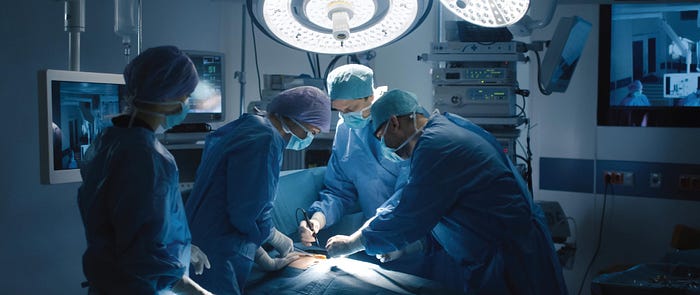Heart surgery, a complex and life-changing procedure, requires careful consideration and understanding of the recovery process. Whether it’s a bypass surgery, valve replacement, or a procedure to correct structural issues, the recovery period can vary based on several factors. Here, we delve into what you can expect during the recovery phase after heart surgery.
Immediate Post-Operative Period
Immediately after heart surgery, you will be monitored closely in the intensive care unit (ICU) or a similar specialized unit. This period is crucial for stabilizing your condition, managing pain, and ensuring your vital signs are stable. The length of time spent in the ICU depends on the type of surgery and your individual health status but typically ranges from a few hours to a couple of days.
Hospital Stay
Following your time in the ICU, you will be moved to a regular hospital room for further recovery. The length of your hospital stay can vary widely, generally ranging from a few days to a week or more. Factors influencing this include the type of surgery, your overall health, and any complications that may arise.
During your hospital stay, you will work closely with a multidisciplinary team including nurses, physiotherapists, dietitians, and doctors. They will monitor your progress, manage medications, encourage mobility, and provide education on post-surgical care.
Early Recovery at Home

Upon discharge from the hospital, your recovery continues at home. This phase typically spans several weeks to months, during which you will gradually regain strength and resume your normal activities. Here are some key aspects of early recovery:
Physical Activity: Initially, you will start with light activities such as short walks and gradually increase the intensity and duration as advised by your healthcare team.
Pain Management: You may experience discomfort or pain at the surgical site. Pain medications prescribed by your doctor will help manage this.
Wound Care: Proper care of your surgical incisions is crucial to prevent infection. Follow your doctor’s instructions regarding dressing changes and signs of infection.
Diet and Medications: A balanced diet rich in nutrients will aid in healing. You will also need to take medications as prescribed to manage conditions like high blood pressure or prevent blood clots.
Long-Term Recovery
Long-term recovery from heart surgery involves adapting to lifestyle changes to promote heart health and prevent future problems. This may include:
Cardiac Rehabilitation: Your doctor may recommend a structured program that includes exercise, education, and support to improve cardiovascular fitness.
Lifestyle Modifications: Adopting a heart-healthy diet, quitting smoking (if applicable), managing stress, and maintaining a healthy weight are essential.
Follow-Up Care: Regular follow-up appointments with your cardiologist are crucial to monitor your progress, adjust medications if needed, and address any concerns.
Individual Variations
It’s important to note that recovery times can vary significantly from person to person. Factors such as age, overall health, type of surgery, and any complications can influence how quickly you recover and when you can resume normal activities.
Dr. Saurabh Jaiswal is a distinguished Cardiothoracic and Vascular Surgeon based in Jaipur, known for his expertise in heart surgery. With a focus on patient-centered care, Dr. Jaiswal educates individuals on the typical recovery period following heart surgery. He emphasizes personalized factors such as the type of surgery performed, the patient’s overall health, and any post-operative complications that may arise. Heart Bypass Surgery in Jaipur Dr. Jaiswal ensures that patients understand the importance of following post-surgical instructions meticulously to facilitate a smooth recovery process. His holistic approach includes comprehensive monitoring, pain management, rehabilitation guidance, and long-term care strategies. Patients benefit from Dr. Jaiswal’s commitment to providing the best possible outcomes, ensuring they regain strength and resume normal activities safely and effectively.





Comments